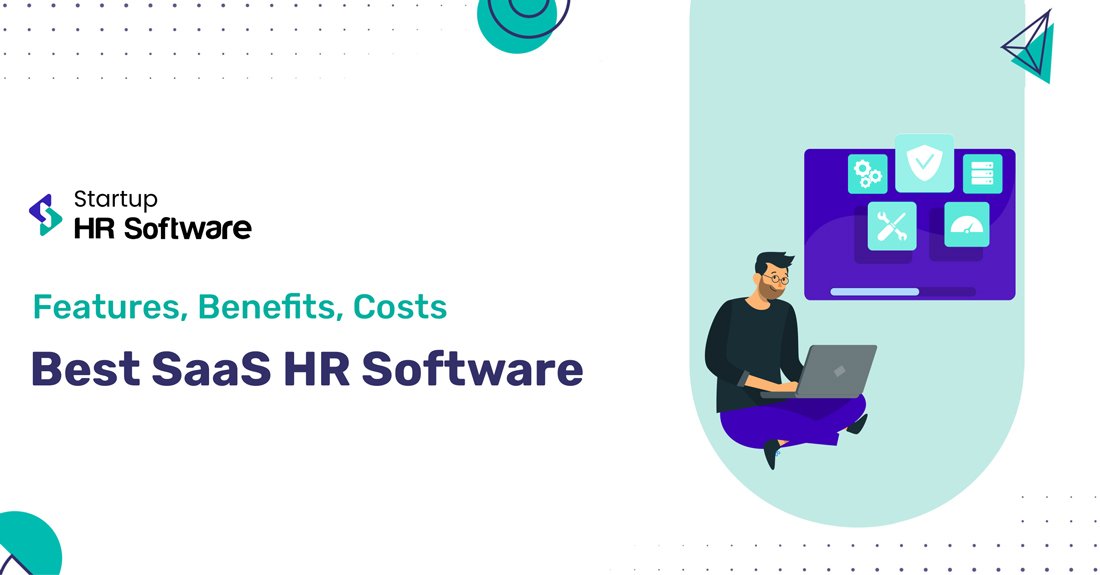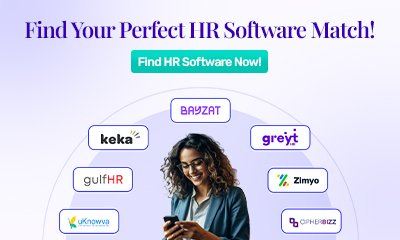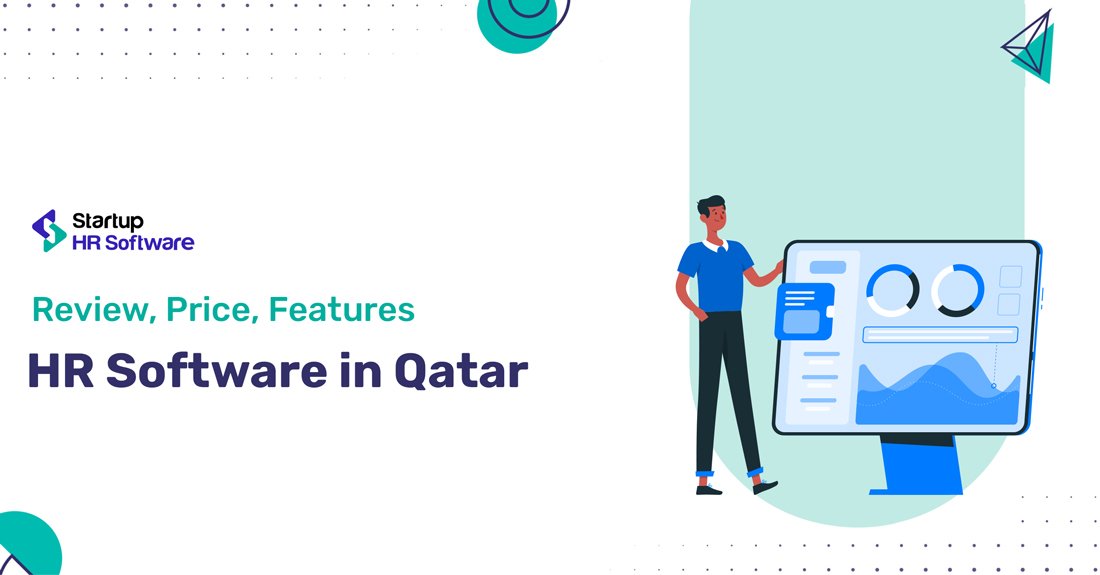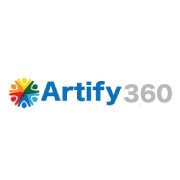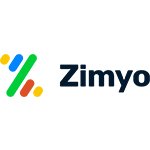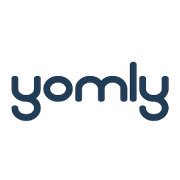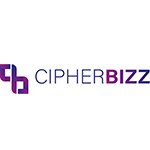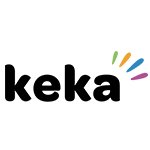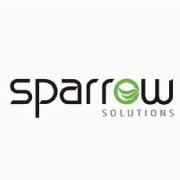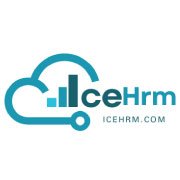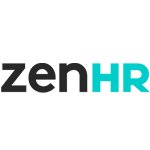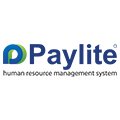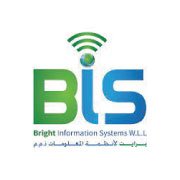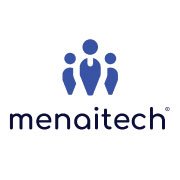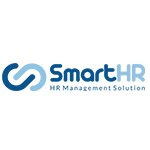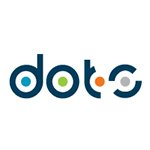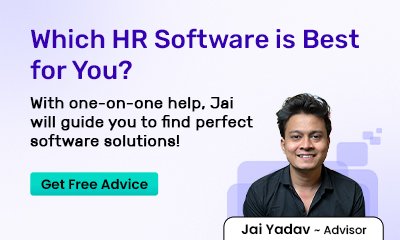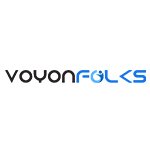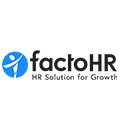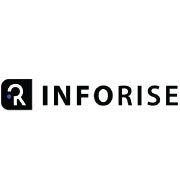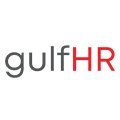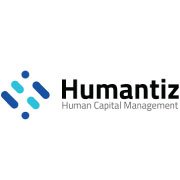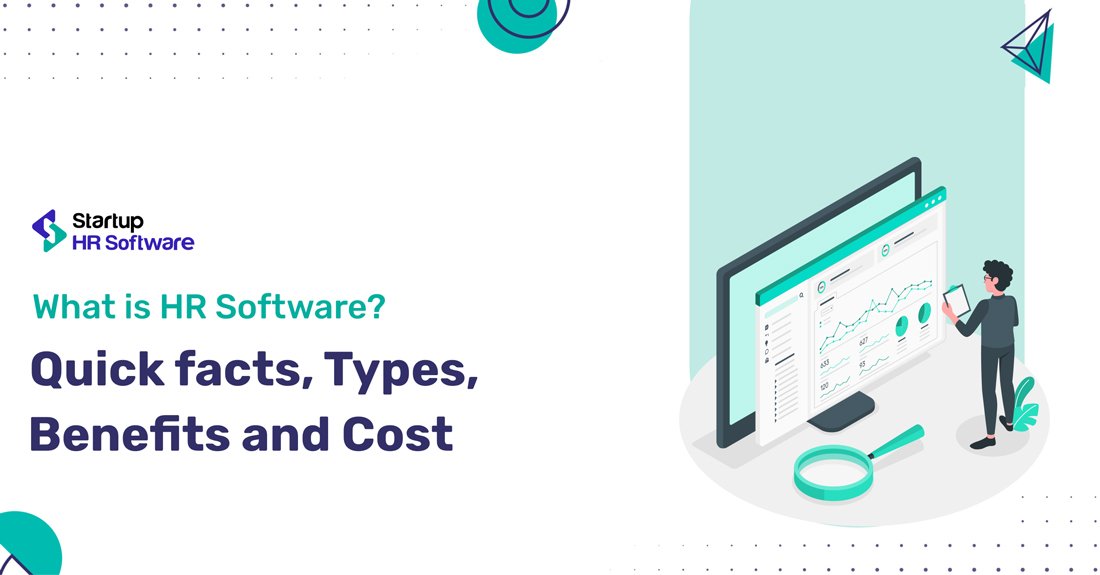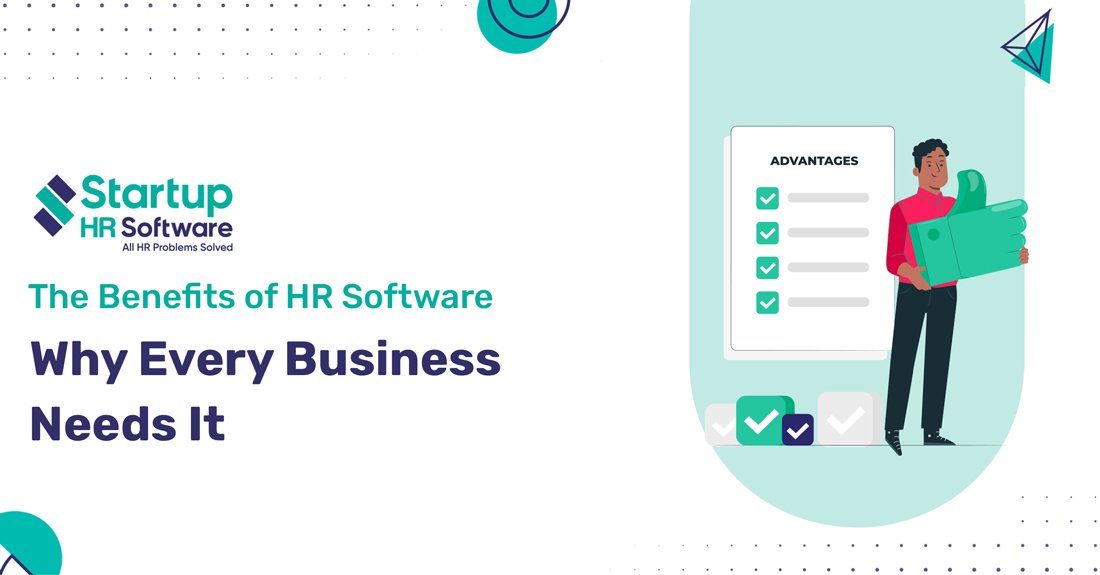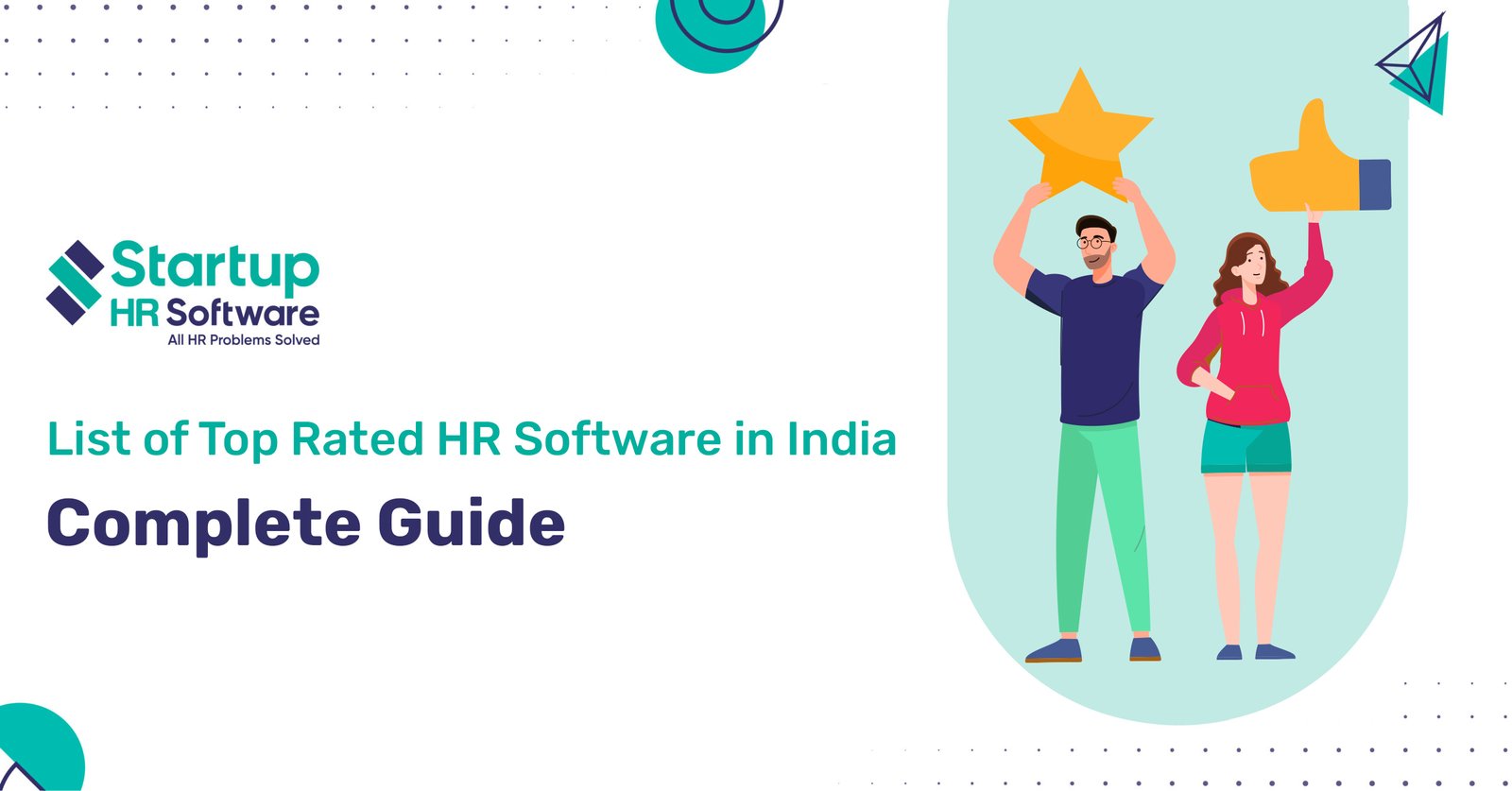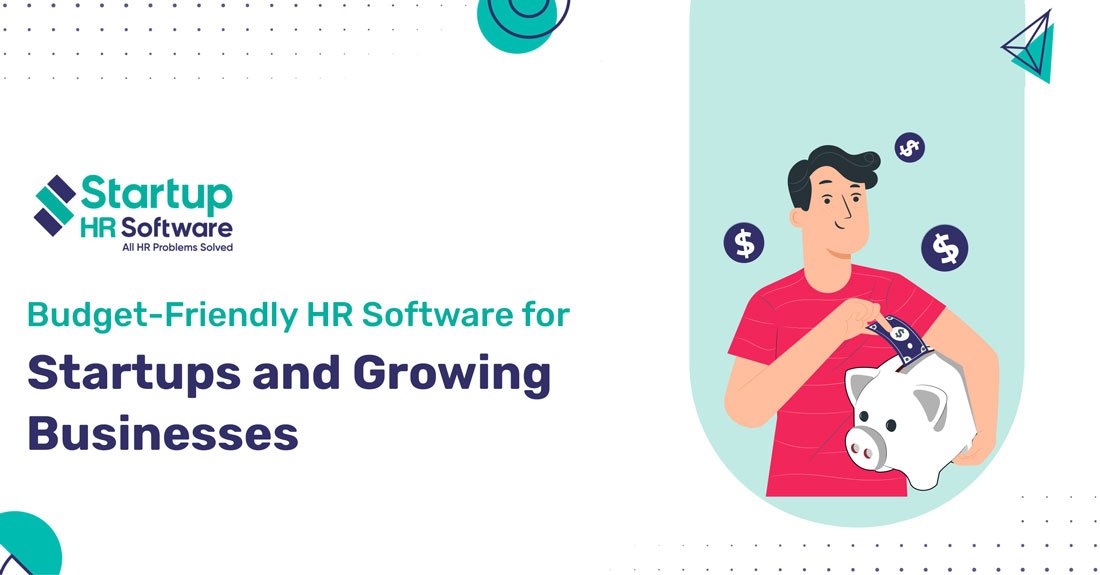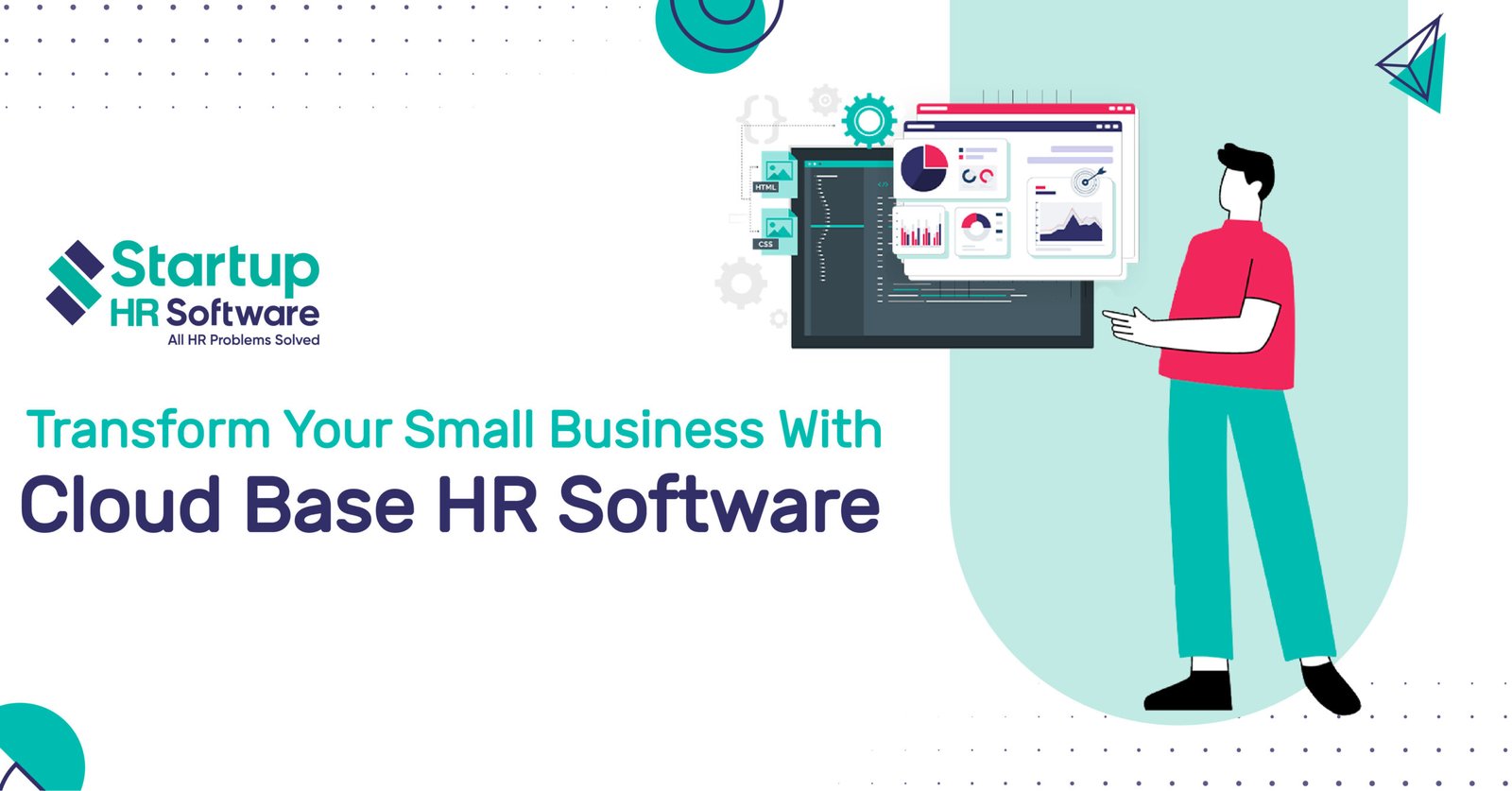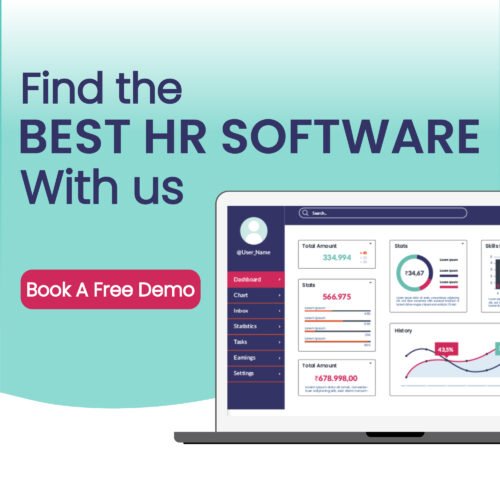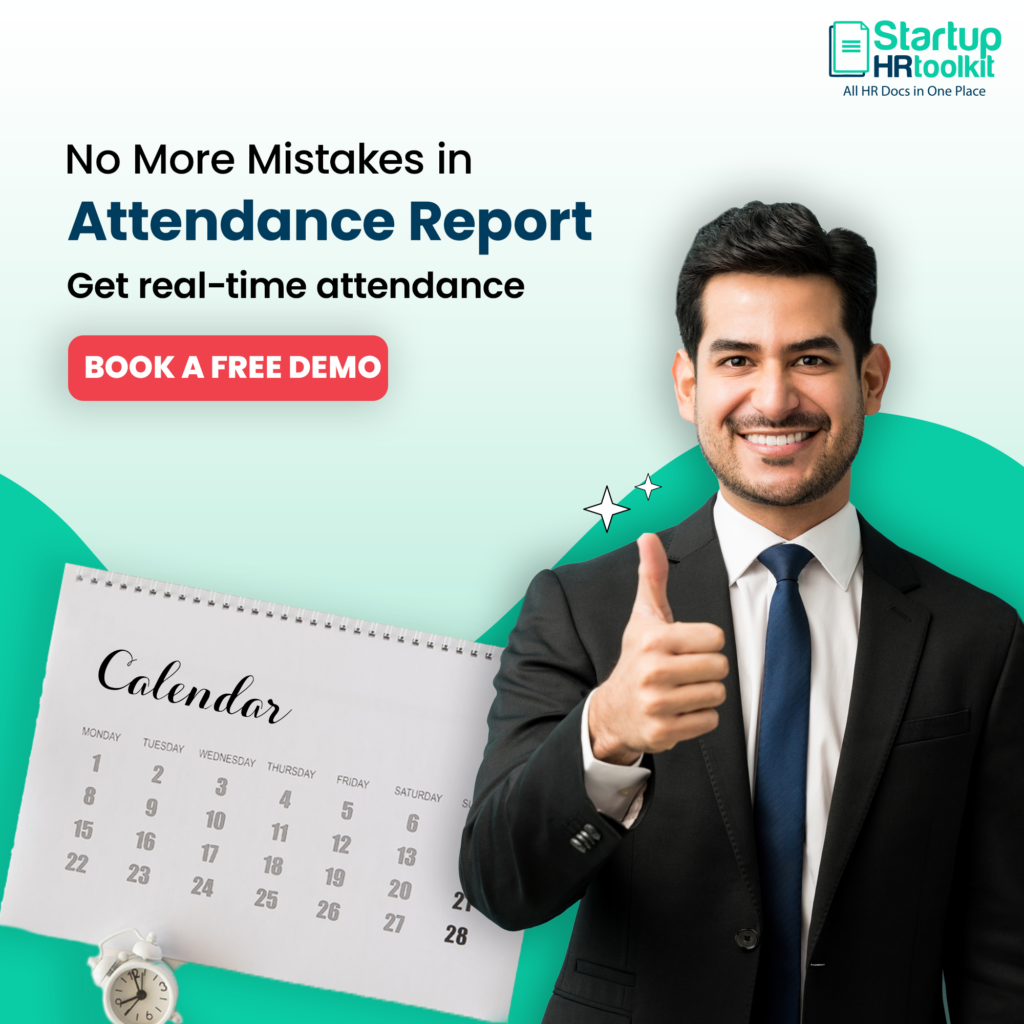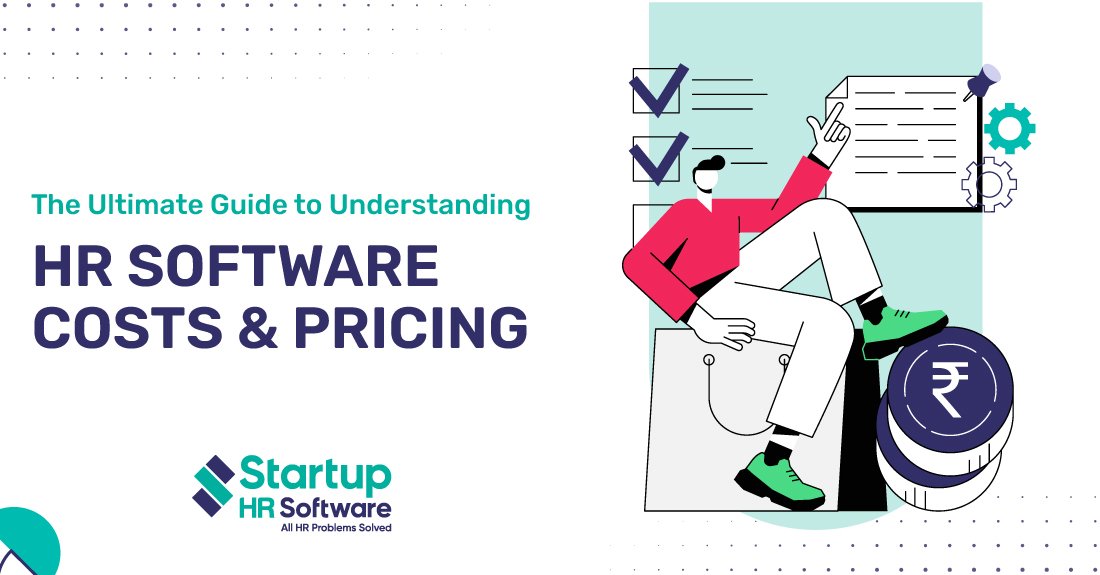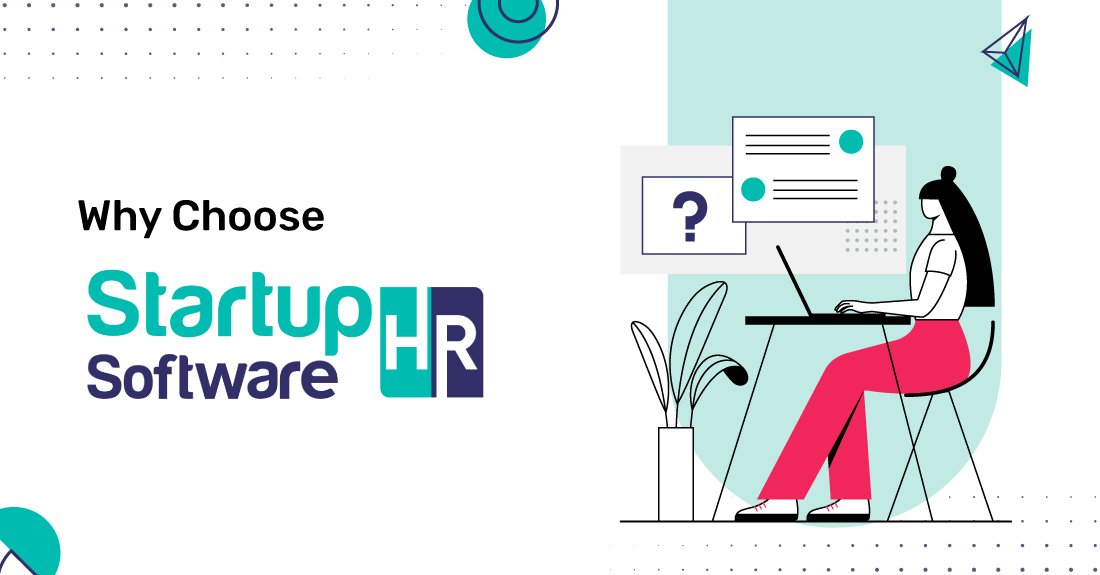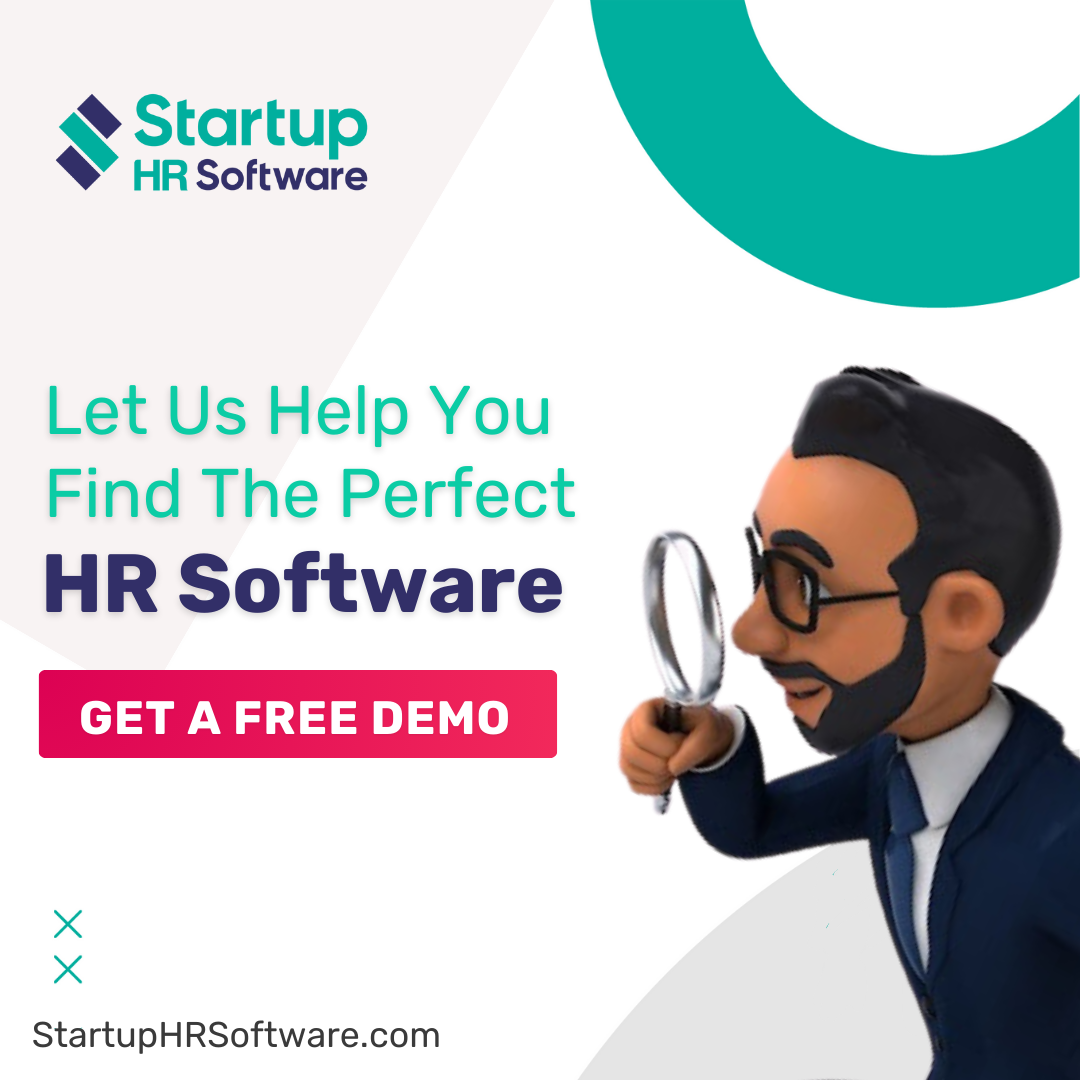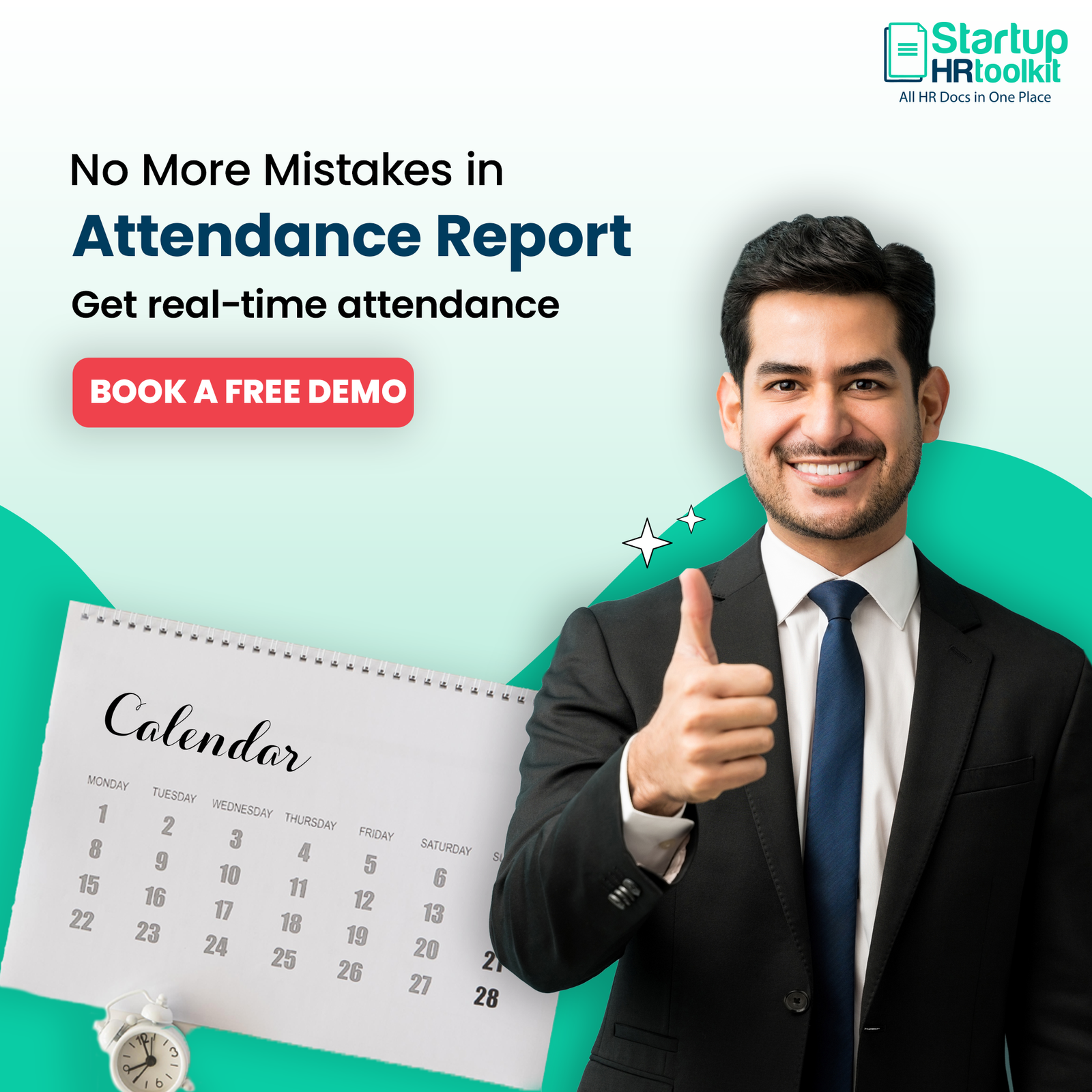Handling the employee data manually, whether in SMEs or a large enterprise, is time-consuming, inaccurate, and increases the burden on HR professionals. All such data can be automated through the “HR Software-as-a-Service (SaaS). “HR Software-as-a-Service (SaaS) is a cloud-based platform that streamlines everyday HR operations. It is generally sold as a subscription-based service that’s hosted by third parties and is accessible to the users via the Internet.
These Top 10 SaaS HR Software help companies smoothly manage the day-to-day HR functions such as payroll, accounting, attendance tracking, performance management, recruitment, etc.
Let’s take a look at some of the best SaaS software out there.
This blog comes with advanced features and great security, making it better than the rest of the market. This blog will help you choose the right HR Software that matches your requirements.
What is HR SaaS ?
HR SaaS stands for Human Resources Software as a Service. It refers to cloud-based software solutions designed to help organizations manage various aspects of human resource activities and functions. SaaS (Software as a Service) means that the software is hosted and maintained by a third-party provider and accessed by users over the internet, typically on a subscription basis.
HR SaaS platforms typically offer a range of features that streamline HR processes such as payroll management, employee benefits administration, recruitment and applicant tracking, performance management, training and development, and employee self-service portals. These solutions are scalable, customizable, and often integrate with other business systems, making them popular among organizations of all sizes for their flexibility and cost-effectiveness compared to traditional, on-premises HR software solutions.
Recommended Top 10 SaaS HR Software 2024
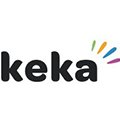
Keka
KekaHr is the Best SaaS HR Software in India that automates and simplifies day-to-day human resources operations. It is a well-known software that streamlines all the monotonous HR tasks. According to the source, KekaHR is called a ‘people enabler,’ as it builds an engaged culture through its SaaS HR software solution. Keka secured $57 Million A SaaS funding, which is the highest till now in India.
Google Rating: 4.1
Pricing: Starts at just Rs. 60 per employee per month.
Features:
1. Payroll Software
2. Leave Management
3. Attendance Management
4. GPS / Mobile Attendance
5. Employee Database Management
6. Workflows Management
Pros and Cons of the Keka HR SaaS Software Platform
Pros:
- User-friendly interface.
- Comprehensive HR management features, including payroll, leave management, and performance appraisal.
- Customizable workflows and reports.
- Integration capabilities with other software.
Cons:
- Pricing can be relatively high for smaller businesses.
- Support response times may vary.
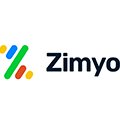
Zimyo
Zimyo is one of the leading HR SaaS Solution providers in India. It reduces the burden on HR professionals by automating all the time-consuming HR tasks from onboarding to offboarding. Moreover, it has an intuitive interface and a strong record of highly satisfying customer experience. The clients love this HR SaaS software because it reduces manual HR tasks and paperwork by 97%.
Google Rating: 4.5
Pricing: ₹60/employee per month for up to 40 employees.
Features:
1. Performance
2. Employee Engagement
3. Time and Attendance
4. Recruitment and Onboarding
5. Payroll Management
6. Policy Management
Pros and Cons of Zimyo HR SaaS software platform
Pros:
- Affordable pricing plans are suitable for small to medium-sized businesses.
- Scalable platform with modules for payroll, attendance, and performance management.
- Easy integration with other business applications.
Cons:
- Some users report occasional glitches in the user interface.
- Customer support response times could be improved.

Qandle
Qandle is the popular cloud-based HRMS SaaS in India that streamlines all HR operations. The HR SaaS software strategically manages the workforce and effortlessly handles various HR functions such as hiring, recruitment, training, promotions, etc. The software has a huge client base because of its record of minimizing the attrition rate and maximizing employee engagement. Qandle has been listed among the Best 20 HR SaaS companies globally, making it stand out from its competitors.
Google Rating: 4.5
Pricing: The plan starts at ₹2450 per month, up to 50 employees.
Features:
1. Hire & Onboard
2. Track Time and Holidays
3. Manage Employee Compensation
4. Employee Records, Profiles, Assets
5. Feedback and Training
6. Employee Exits and Clearance Process
Pros and Cons of Qandle HR SaaS software platform
Pros:
- Modern, intuitive interface.
- Extensive features including HR analytics, employee self-service, and compliance management.
- Configurable to meet specific organizational needs.
Cons:
- Initial setup may require some technical expertise.
- Integration options with other systems may be limited compared to larger platforms.

uknowva
uknowva is one of the top-rated HR SaaS companies in India. It offers the smartest HR Saas solutions that help in automating & scaling all the HR operations from hire to retirement of an employee. Such a cloud-based SaaS company has 100+ AI-backed and in-built smart applications that offer seamless integration.
Google Rating: 4.8
Pricing: Starts from Rs. 60 per employee/user per month.
Features:
1. Payroll Software
2. Recruitment and Onboarding
3. Performance Management
4. Projects & Timesheets
5. Employee Management and Collaboration
6. Helpdesk for Employees
Pros and Cons of Uknowva HR SaaS software platform
Pros:
- Open-source platform offering flexibility for customization.
- Includes modules for HR management, document management, and employee collaboration.
- Cost-effective solution for organizations willing to invest in customization.
Cons:
- It requires technical knowledge to set up and maintain it.
- Support may rely on community forums rather than dedicated customer service.
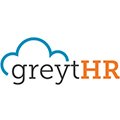
greythr
The Greythr HR SaaS Solution provider has a comprehensive platform that handles the entire journey of employees from their onboarding to offboarding. It provides transparency, streamlines all the HR processes, and increases employee engagement. Such a cloud-based HR SaaS software eliminates all the errors taking place due to manual HR handling. The company has received various awards for its excellent performance. Moreover, it is Rated ‘Leader’ on G2.
Google Rating: 4.4
Pricing: Starting at just Rs. 30 per employee per month.
Features:
1. Automation
2. Self Service portal
3. Employee Database
4. Task Management
5. Leave / Attendance
6. Payroll Software
7. Proactive Customer Support
Pros and Cons of Greythr SaaS software platform
Pros:
- Robust payroll processing capabilities.
- Comprehensive HR and payroll compliance features.
- Suitable for medium to large enterprises with complex HR needs.
Cons:
- The user interface could be more modern and intuitive.
- Pricing may be higher compared to some competitors.
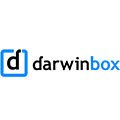
Darwinbox
Darwinbox is a well-known HRMS SaaS platform that automates and streamlines all HR functions. The HR SaaS provides highly efficient solutions for employee engagement, talent management, and other HR-related operations. What makes it the Best SaaS HR Software
in India, is its seamless integration, reliable, and easy-to-use platform. This end-to-end integrated HRMS SaaS software in India provides an intuitive user experience with complete security measures in place.
Google Rating: 3.7
Features:
1. Performance management
2. Employee engagement
3. Travel and Expense management
4. Configurable salary structures
5. Payroll, payslips
6. Income tax, track loan, claim benefits
Pros and Cons of Darwinbox HR SaaS software platform
Pros:
- Modern, user-friendly interface with mobile app support.
- Extensive features include performance management, recruitment, and employee engagement.
- Scalable for large enterprises with global operations.
Cons:
- Higher pricing may not be suitable for small businesses.
- Implementation time could be longer due to the complexity of features.
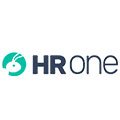
HROne
HROne is the top-rated cloud-based HR SaaS Solution provider that assists in employee lifecycle management from hire to retirement. It automates all the HR functions and makes them accessible at a single centralized platform. Customers love the HROne HRIS SaaS, India, because it integrates different modules such as attendance management, performance management, etc. Such an HR SaaS company has an intuitive interface with the five lakh current users.
Google Rating: 4.7
Pricing: Starts at just Rs. 50 per employee per month.
Features:
1. Track Recruiter’s workload
2. Customized Workflows
3. Automation
4. Auto-calculate CTC
5. Performance
6. Asset
7. Payroll
Pros and Cons of HROne HR SaaS software platform
Pros:
- Affordable pricing with flexible subscription plans.
- Core HR features, including payroll, attendance, and leave management.
- Suitable for small to medium-sized businesses.
Cons:
- Customer support response times may vary.
- Advanced features may be limited compared to larger platforms.
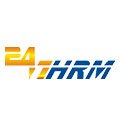
247 HRM
247 HRM is the top-notch HR SaaS company in India that manages all HR tasks from its single cloud-based platform. You can customize the software as per your requirements. Customers find this software suitable because of its user-friendly dashboard. If you are looking for the best HR SaaS companies in India, your search ends with 247 HRM. It has managed 800+ clients and 100,000+ employees to date across 20 industry verticals in the past 60 years of experience.
Google Rating: 4.4
Pricing: The plan starts at Rs. 30 per employee per month.
Features:
1. Performance Appraisal
2. HR Automation
3. Employee Self Service
4. Leave, Attendance, Payroll
5. Expense Management
6. Talent Management
7. Tax Management
Pros and Cons of 247 HRM HR SaaS software platform
Pros:
- Tailored for small to medium-sized businesses.
- Streamlined HR management features, including payroll and leave tracking.
- User-friendly interface with quick implementation.
Cons:
- It may lack some advanced features compared to larger competitors.
- Limited scalability for rapidly growing organizations.
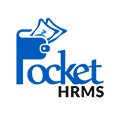
PocketHRMS
PocketHRMS is the Best SaaS HR Software in India that handles the entire HR process from recruitment to full and final settlement of an employee. With its AI-based efficiency and a web-based solution, PocketHRMS has been designed to empower businesses of all sizes. It has an easy-to-understand and accessible SaaS platform that makes it custom-friendly and reliable software. After implementing this software in your organization, you get team collaboration, employee engagement, and accurate analytical reports as a result.
Google Rating: 4.0
Features:
1. Automated Payroll
2. Recruitment and Hiring
3. Timesheet, Time-tracking
4. FnF
5. Expense Management
6. Reports and Analytics
Pros and Cons of PocketHRMS SaaS software platform
Pros:
- Affordable pricing with modular subscription plans.
- Comprehensive HR and payroll features.
- Suitable for both small businesses and larger enterprises.
Cons:
- Customer support may not be as responsive during peak times.
- Integration options with other business software could be expanded.
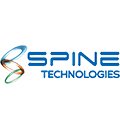
Spine HR
SpineHR is a complete HR Software-as-a-Service (SaaS) solution that streamlines and automates your human resource management processes. They offer a variety of services such as payroll processing, performance management, recruiting, and employee tracking, helping businesses increase efficiency and reducing human error. Its user-friendly interface and cloud-based platform enable safe access to HR data at all times and from any location. Choose SpineHR to improve your HR processes while focusing on strategic growth.
Google Rating: 4.3
Features:
1. Core HR and Payroll Attendance Attendance
2. Employee Self Service
3. Training and Induction
4. Expense
6. Performance Management
7. claims and Reimbursement
Pros and Cons of Spine HR SaaS software platform
Pros:
- Scalable platform with customizable modules.
- Comprehensive HR functionalities, including attendance, recruitment, and performance management.
- Integration capabilities with other business systems.
Cons:
- The user interface may not be as intuitive for all users.
- The pricing structure could be more transparent for potential customers.
Important Features of Top SaaS HR Software
Here are the Important Features of Top SaaS HR Software:
HR Automation
Human resources (HR) automation is the most crucial feature of SaaS HR Software. It automates, streamlines, and simplifies the entire HR process. Moreover, it stores the data digitally at one central location where every team member can check the updates instantly without the need to depend on HR teams. Companies no longer have to enter the employee & other HR data manually, which is inaccurate & time-consuming.
The software automates several HR functions such as recruitment, payroll, attendance tracking, onboarding, performance management, offboarding, etc. HR automation eliminates the need to depend on manual data processing that is too time-consuming, inefficient, and filled with human-made errors.
Employee Data Management
Companies managing HR data manually through registers always faced the problem of storing employee data appropriately. Due to this, whenever you need to fetch any employee details, you have to go through tons of attendance registers, personal data spreadsheets, etc, for hours. All of this not only wasted HR’s time but also led to inaccurate data, errors, data duplicacy, etc. Imagine when the employee data is not stored correctly, you might end up with various problems such as salary disbursement to the wrong account, wrong calculation of taxes, incorrect personal details, wrong calculation of incentives based on performances, etc.
With the help of SaaS HR software, all such data is easily streamlined, appropriately stored at one single location, and simplified for you to access anytime, anywhere. The online SaaS HR system tracks and manages data digitally helping to minimize incorrect data entry, data loss threats, and the need for manual working.
Time and Attendance Tracking
Employees were asked to take attendance on registers in the manual HR data processing. Imagine that the number of registers required to take employee attendance every day would eventually multiply with the increase in the number of employees. Moreover, employees used to extend their break times, go out of the office, and come in as per their wishes and were performing unethical practices such as buddy punching. This way, tracking the time & attendance of employees was extremely difficult.
With the help of SaaS HR software, you can easily track the punching time & attendance of the employees accurately. It has biometric systems and a card swipe method to record the in and out time of the employees along with the total time of break taken by them. Online SaaS HR software provides ease to HR professionals in correct data monitoring, instant shift schedule updates, and accurately tracking the working hours of employees.
Easy Payroll Process
The payroll process has always been difficult to handle in manual payroll processing. Whether it’s calculations of tax deductions, forms 16, incentives, salary processing, PF, etc, manual processing of payroll has never been accurate. Employees felt discouraged and unmotivated as they needed to get the correct salary on time. It might lead to legal problems and disputes between employer-employee and employee-employee. Moreover, it is one of the causes of a decrease in the retention rates in the company.
How to handle all such problems? The HR SaaS companies in India solve such issues. The SaaS HR software reduces human-made errors and ensures accurate payroll calculations, along with timely disbursement of salaries to employees. The Best SaaS HR Software in India stays updated with the latest tax laws & regulations. It also offers the integration of the payroll process with the accounting system, leading to efficient payroll processes.
Application Tracking
Tracking the application of a candidate manually has been highly problematic. Whether it’s filtering the right candidate based on profile, scheduling interviews, or onboarding them, the entire process becomes clumsy because of data needing to be properly placed here and there. The HRMS SaaS, in India, offers the Applicant Tracking System (ATS) to efficiently track the entire lifecycle of a candidate from hiring and recruitment to full & final settlements.
The HR SaaS software streamlines the hiring process as a whole of an applicant by automated sourcing, screening, communication, scheduling interviews, ranking of the job applicants, final onboarding, etc. You need to enter the employee’s name in the software, and you will get every detail about them.
This way you can track the progress of an applicant, whether it’s accepted, rejected, or lies at which stage of the application hiring process. As a result, the software helps the companies by improving the ‘quality of hires,’ ensuring they are qualified enough to do a job role in the best possible manner and not turn out to be a non-performing asset for the company.
Benefits SaaS HR Software
Here are the Benefits of SaaS HR Software:
Real-Time Updates and Tracking
In the manual way of handling HR tasks, there existed a lot of communication gaps within the teams. Half of the employees needed to be made aware of the new updates taking place in the organization. The HR SaaS Solution is solving such a problem as it tracks all the employee performances and other modifications in the HR system.
Moreover, it provides regular updates on a real-time basis, reducing the chance of communication gaps or miscommunication between the employees. Since the employees remain updated with the latest updates in the system, there are minimal disputes, less workload on HR professionals, clear communication, transparency, high-end productivity, and boosted employee motivation level.
Automation
With manually operating HR, there was a lot of effort & time wastage. Everything was recorded offline through registers or spreadsheets, word docs, etc. Manually entering each employee’s record was secretly affecting employees & HR professionals’ performances. They needed to be able to focus on key functional areas of the company.
This problem is solved by the HRMS SaaS, India, which has automated the entire HR process. Now, every HR detail is stored in a single centralized platform, making it easy to access, retrieve and operate. Because of this, HR professionals no longer have to waste their time on manual administrative tasks. It indeed has been saving their time & effort that can be shifted towards the key strategic HR tasks.
AI Data Analysis
In the manual way of working, there existed a lot of HR-related data that could have been more useful and explored. Because of this traditional HR data handling, professionals were not able to stay ahead of future risks. Thanks to the Best SaaS HR Software today, it takes care of each piece of HR data by analyzing the complex HR data through AI and artificial Intelligence algorithms to get meaningful insights.
Such use of the latest AI algorithms not only assists you in future HR risk management but also picks up all the errors in the existing HR system & provides solutions for them. As a result, you get accurate calculations and other HR-related data assessments.
Analytics and Reporting
In the manual HR processing, fetching the relevant report as per the situation wasn’t possible. It is so because everything was jotted down on notebooks, spreadsheets, or Word docs. With the help of an HR SaaS Solution, everything is entered & recorded online in the software. The software captures the latest trends and patterns and uses advanced-level tools & analytics such as Natural Language Processing (NLP), predictive analysis, Machine Learning (ML) algorithms, etc.
It helps to retrieve different types of reports by putting desired filters. This way, even ten years later, if you wish to check the performance or details of an employee, you are just a few filters away. Getting ready-made AI-analyzed reports ensures accuracy and helps in strategic planning, future predictions, and improved decision-making.
Robust Security
The companies that store HR data manually always face the threat of data leakage and other security threats. Such manual data is often misused and misinterpreted by third parties, leading to employee dissatisfaction. Once the security of an employee’s data is compromised, the entire company is at a threat to data safety and has to face the repercussions of it later.
With the implementation of SaaS HR Software in your organization, you can stay assured of getting top-notch security for sensitive HR data and confidential employee data such as addresses, bank details, passwords, etc. The SaaS-based HR Software uses multi-factor authentication and authorization access tools to safeguard the HR data. Henceforth, having robust security in your company will ensure data security and data privacy.
HR Software Pricing Models
The price of HR Software varies between INR 0/- for Free Subscription Plans to INR 10,000/- per employee/month for paid versions of the software. The price of the software from different HR SaaS vendors is decided based on the client’s organization size, unique requirements, integration, deployment mode, features, customizations, etc. The SaaS HR Software vendors have the following plans:
- Monthly Payment Plans
- Annual Payment Plans
- Quote-Based Hr Plans
- Free Subscription Plans
You get 20%-30% discounts on the actual cost of the HR software if you choose the annual subscription plan.
Conclusion
The HR SaaS Solution is the need of an hour for your organization. With the manual way of handling HR data, a lot of time, effort & efficiency of the HR professionals were wasted. This problem is solved by the HR SaaS companies in India that automate 95% of the data-to-day HR operations. The Best SaaS HR Software offers high-end productivity, scalability, cost-effectiveness, and operational efficiencies and supports hybrid working models.
Finding a reliable HR SaaS provider from numerous HR SaaS companies available today needs to be clarified. Your confusion ends with ‘StartupHR Software‘ as we have the collection of the Best SaaS HR Software in India. Our HR experts find the right HR SaaS software to simplify your day-to-day HR operations. Get the ‘Free Demo Session’ and ‘One-on-one Consultation’ to discuss your personalized HR requirements with us.
F.A.Q
What is SaaS HR software?
SaaS stands for Software as a Service. SaaS HR software refers to cloud-based applications that provide human resources management solutions. These systems are hosted and maintained by the service provider, accessible via the Internet, and typically offered on a subscription basis.
What is the best HRMS software in India?
India’s best HRMS (Human Resource Management System) software can vary depending on specific needs and preferences. Some popular options include:
- Zoho People
- Keka HR
- SAP SuccessFactors
- BambooHR
- PeopleStrong
The choice of the best HRMS software would depend on factors such as company size, specific HR needs (like Payroll, recruitment, performance management, etc.), budget, and integration capabilities with existing systems.
What does SaaS stand for in HR?
SaaS in HR stands for Software as a Service. It refers to cloud-based software solutions hosted and maintained by a service provider and accessed via the Internet.
Which Software is best for HR?
The best Software for HR depends on the specific requirements of the organization. Some key considerations include the organization’s size, specific HR functionalities needed (such as Payroll, time and attendance tracking, performance management, etc.), ease of use, integration capabilities, customer support, and budget.
What is the cost of HRMS SaaS?
The cost of HRMS SaaS (Software as a Service) can vary widely depending on the vendor, the number of users, the specific modules and features included, and any customization or implementation services required. Typically, subscription-based pricing may range from a few dollars per employee per month to higher amounts for larger organizations with extensive feature requirements.
What is the SaaS HR system?
A SaaS HR system is a cloud-based human resources management system delivered as a service over the Internet. It allows organizations to manage various HR functions such as employee data management, payroll processing, benefits administration, performance management, etc.
Which is the cost-effective HRMS software in India?
Cost-effective HRMS software options in India include:
- Zoho People
- Keka HR
- greytHR
- Spine HR Suite
- sumHR
These systems offer various features at competitive pricing that are suitable for businesses of different sizes in India.
Which is the best payroll management software in India?
Some of the best payroll management software options in India include:
- factoHR.
- BambooHR.
- Razorpay x Payroll.
- Zoho Payroll.
- sumHR.
These platforms offer robust payroll management capabilities suitable for businesses of various sizes in India.
